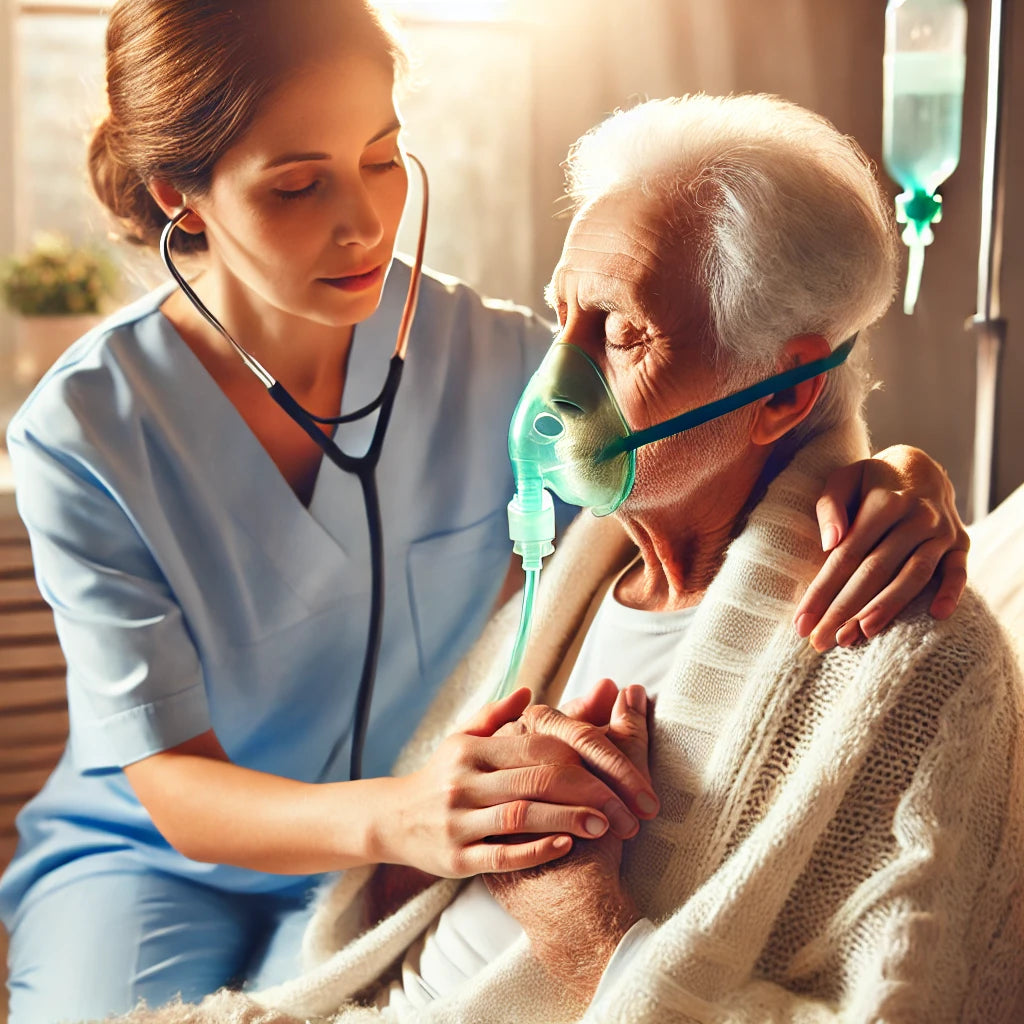News — senior health pneumonia
Pneumonia in the Elderly: Challenges and Treatment Considerations
antibiotics for pneumonia chronic conditions and pneumonia cognitive changes pneumonia elderly immune system elderly pneumonia risks end-of-life pneumonia flu vaccine seniors immune system aging pneumonia care in older adults pneumonia complications elderly pneumonia diagnosis seniors pneumonia in elderly pneumonia palliative care pneumonia prevention pneumonia recovery elderly pneumonia symptoms in elderly respiratory infections elderly senior health pneumonia treatment of pneumonia in seniors
Pneumonia in the elderly is a significant health concern that can present unique challenges compared to younger populations. This respiratory infection, which affects the lungs and impairs breathing, is more common and severe among older adults due to their weakened immune systems and the presence of underlying health conditions. For those aged 65 and older, the risk of complications and hospitalization is higher, making pneumonia a serious threat to their overall well-being. As the global population ages, understanding how pneumonia impacts the elderly and how it can be effectively treated becomes more crucial.
Age-related changes in the body, combined with existing conditions such as diabetes, heart disease, or chronic lung diseases, often complicate the diagnosis and treatment of pneumonia in older adults. Furthermore, symptoms in the elderly may not always be as apparent, leading to delayed treatment. Understanding these unique challenges is essential for healthcare providers and caregivers. This article explores the various aspects of pneumonia in the elderly, from the specific risk factors and symptoms to the treatment options available, while highlighting the importance of prevention through vaccination and lifestyle adjustments.

